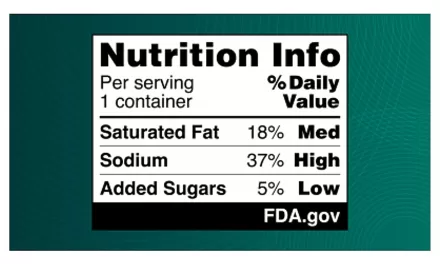A new study published in Neurology® Clinical Practice suggests a potential association between acid-reducing drugs and a higher risk of migraine and severe headache. Acid-reducing medications, including proton pump inhibitors (PPIs) like omeprazole and histamine H2-receptor antagonists (H2 blockers) such as cimetidine, have long been used to manage conditions like acid reflux and ulcers.
While the study does not establish a causal relationship between acid-reducing drugs and migraine, it highlights a concerning trend that warrants further investigation. Margaret Slavin, PhD, RDN, the study’s author from the University of Maryland in College Park, emphasized the need for caution, especially considering the widespread use of these medications.
The research analyzed data from 11,818 individuals, examining their use of acid-reducing drugs and their reported incidence of migraine or severe headache over a three-month period. The findings revealed that participants taking PPIs were 70% more likely to experience migraine, while those taking H2 blockers had a 40% increased risk, and those using antacid supplements showed a 30% higher likelihood.
“It’s important to note that many people do need acid-reducing medications to manage acid reflux or other conditions, and people with migraine or severe headache who are taking these drugs or supplements should talk with their doctors about whether they should continue,” said Slavin.
The study accounted for various factors such as age, sex, and lifestyle habits like caffeine and alcohol consumption. Despite these adjustments, the association between acid-reducing drugs and migraine remained significant.
While gastrointestinal conditions have previously been linked to migraine, Slavin suggested that this connection may not fully explain the observed association in the study. Moreover, the research focused solely on prescription drugs, excluding over-the-counter formulations, which may have contributed to the limitations of the study due to the small sample size of participants taking certain medications, particularly H2 blockers.
The study underscores the importance of further research to better understand the potential risks associated with acid-reducing drugs, especially in light of recent findings suggesting other adverse effects linked to long-term PPI use, such as an increased risk of dementia.
As healthcare professionals navigate the complexities of managing acid reflux and related conditions, ongoing investigation into the safety and efficacy of acid-reducing medications remains critical to ensure optimal patient care and minimize potential risks associated with these widely prescribed drugs.












